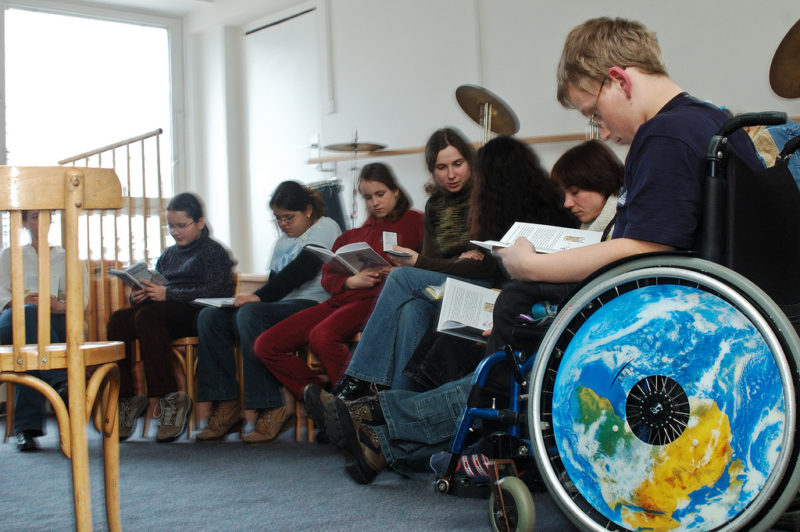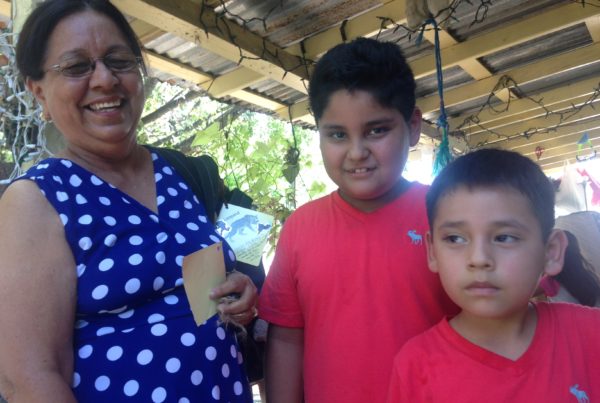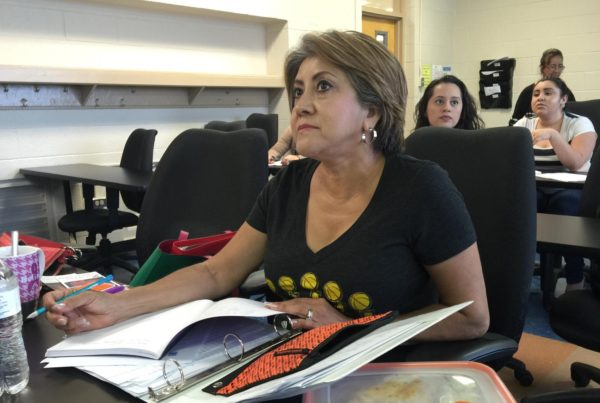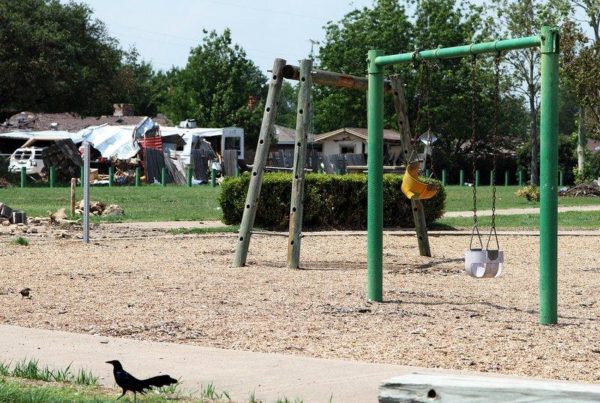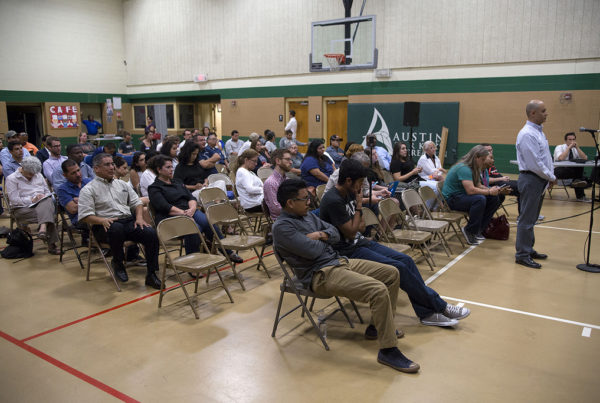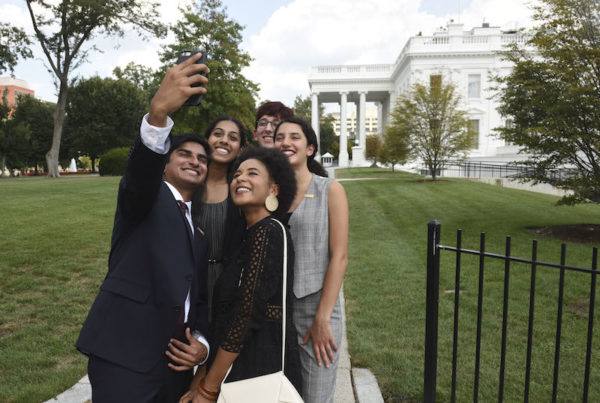Since the 1970s, federal law has stated that all children with disabilities are entitled to a free public education appropriate to their needs. Nationwide, the percentage of kids who receive special ed services is around 13 percent.
But in Texas, that number is substantially lower. Just 8.5 percent of all public school kids in Texas are enrolled in special ed programs – the lowest percentage in the country. That number appears to be no mere accident – instead, it’s a rather specific objective.
According to a new investigation by the Houston Chronicle, tens of thousands of Texas kids have been systematically denied the special education programs they need as a cost cutting measure. Brian Rosenthal, who wrote “Denied: How Texas keeps tens of thousands of children out of special education,” says the small percentage of students getting special education services has been a “big mystery” for decades.
“What we found recently is that the reason for the large decline that has happened over the past few years is that in 2004 the Texas Education Agency (TEA) set a target percentage for how many … students should be receiving special education services,” Rosenthal says. “What our reporting has found is that schools have really responded to that.”
Rosenthal says school administrators and special education instructors are not being explicitly told to keep the number of kids using special education services down. Instead, he says, the system of accountability implies schools could get audited or receive a fine if their classroom numbers go above the target percentage.
Rosenthal says keeping kids out of special education services saved the TEA billions of dollars. There’s a disincentive to bring new kids into special education classrooms.
“It’s not a ‘forcing,’” Rosenthal says, “but it’s a ‘strongly encouraging’ through some sanctions.”
But when Rosenthal spoke with TEA administrators, they said the 8.5 percent number isn’t a target – it’s an indicator that schools should keep in mind.
“They don’t believe that any school has kept a kid with disabilities out of special education because of [the number],” Rosenthal says. “They believe that the large reduction in the number of kids receiving services is due to the fact that schools have gotten much better at teaching struggling students and that has eliminated some disabilities in students.”
The TEA has been unable to provide any evidence to support their claim, Rosenthal says.
Rosenthal interviewed 70 national experts about the possible reduction in the number of kids needing special education services. Most experts said there’s no evidence that schools overidentify students with disabilities in the U.S.
“We have a problem of under-identification,” Rosenthal says. “What Texas is claiming [is that is] has vastly reduced the number of kids with disabilities. Their strategy to do that is no different than any other state has been doing and so it doesn’t really make any sense to these experts why Texas would be receiving some massive reduction if they’re doing the same thing as every other state is doing except for this arbitrary target.”
Rosenthal also spoke with hundreds of parents and teachers. He says he heard many stories of kids who were denied special education in Texas public schools.
“I’ve spoken with almost 100 educators and more than a dozen of them … they admitted that they have delayed or denied special education to disabled students to try and comply with this target,” Rosenthal says.
Post by Beth Cortez-Neavel.


